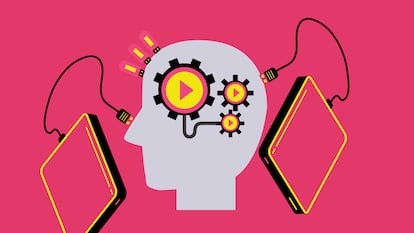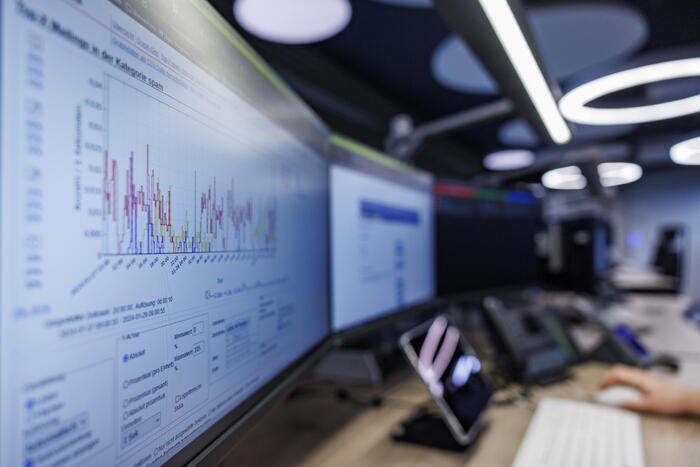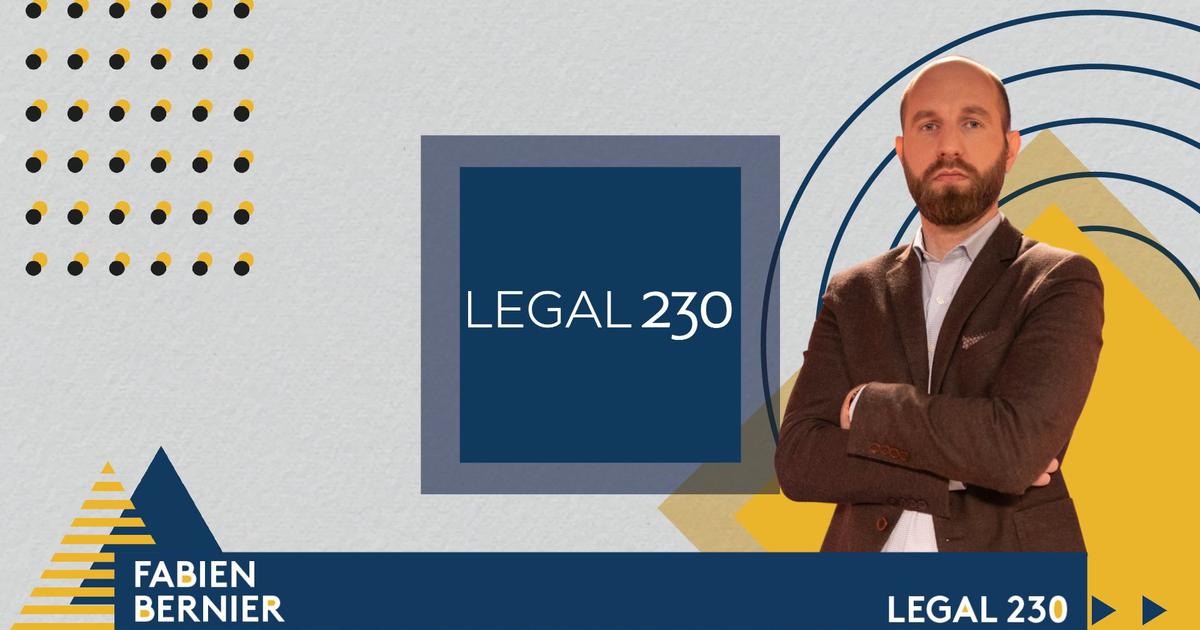Is AI taking away our ability to choose and human spontaneity as a result of the sophistication of all prediction algorithms? Illustration Retina / EL PAÍS
Artificial intelligence (AI) has broken into the human routine and has quickly settled into work, sports, social and cultural spaces.
Today, in addition to predicting which TV shows, songs or
podcasts
wants to consume a person based on their past preferences, also makes banking decisions about who can borrow money in relation to their financial history and influences the hiring and firing of staff in companies, in the same way that it has broken into the bodies of security and law enforcement, when evaluating the use of force and facial identification of persons of concern.
With AI present in almost every area of human life, psychologists, sociologists and researchers are wondering if, under the promise of making our lives easier, AI is changing what it means to be human.
Worse.
Researchers from the Artificial Intelligence and Experience (AIEX) project at the University of Massachusetts Center for Applied Ethics have focused their concerns on how AI could modify our human behavior to the point of changing our conception of human behavior. person.
"As they become more and more predictable, the creatures that inhabit an AI-mediated world will become less and less like us," predicts Nir Eisikovits, associate professor of philosophy and director of AIEX.
Along the same lines, Antonio Tenorio, sociologist and essayist, explains that "machines have come to reveal to us how predictable we are".
“But it should be noted that what the devices do are suggestions.
No device, at least until now, acts on that last and first chink of human freedom, which corresponds to the final decision, ”warns Tenorio.
But will it happen?
“The proliferation of AI systems based on prediction algorithms has a very important impact on the consumer's freedom of choice (in what they think, what they feel, what they do) and, therefore, in the definition of their identity as such (in what it is or ceases to be) ”, explains Pedro López Ugarte, a sociologist specializing in the sociology of consumption and
social media
, who warns that“ this hook makes the consumer
sell his soul to the devil
, unknowingly facing consequences or risks of a different nature ”, such as the restriction of freedom of choice and user privacy.
“The question to ask is this: if the consumer were aware of all these risks, would they care to the point of giving up the benefits associated with AI?
Possibly not, in most cases ”, López Ugarte replied.
When they decide
For the expert psychologist and researcher in technology Celestino González-Fernández, that is precisely the heart of the matter.
"The problem will come when a machine with artificial intelligence can learn by itself and begins to make independent decisions with or without taking into account the human factor, as some dystopian films already advance (
Terminator
or
Matrix
, for example)", he explains, and highlights that the rise of AI "changes what it means to be human by becoming more passive, dependent on technology and modifying our behaviors and decision-making capacities by granting this initiative to machines."
And another question looms into the debate: Is AI taking away our choice and human spontaneity as a result of the sophistication of all prediction algorithms?
By eliminating choice and chance, AI could make life so comfortable and predictable that there are those who predict failure on a personal and social level.
"AI has many benefits and facilitates our day to day, but depending on it for everything including our decision making is not advisable, because it prevents the cognitive and behavioral development of the person who needs effort, error, learning and growth", points out the expert psychologist in health Enric Valls, and explains that technological innovations can even inhibit unpredictability and the way in which people understand themselves.
Eisikovits explains in an article published by
The Conversation
that "one day, humans may even find a way that machines can make decisions without some of the prejudices that humans tend to display" and that "to the extent that unpredictability is Part of how people understand themselves and what they like about themselves, humanity is in the process of losing something significant with AI's bid to eradicate such commonalities as chance and the ability to take good or bad luck. bad decisions".
For González-Fernández, a world managed by AI could be more effective, but at the same time more predictable and less humane.
“By eliminating that [choice and chance] and guided by objective criteria subject to artificial intelligence without emotional connotations, we would come to dehumanize society and see ourselves in terms of functionality, productivity and concrete objectives to corporations or governments.
What would happen to invalid or useful individuals for algorithms and data? ”, Reflects the researcher.
From the Center for Applied Ethics, experts ask similar questions.
What happens to our ability to make moral judgments when machines are making an increasing number of complex practical decisions in domains like worker retention or credit worthiness?
Do our social skills change when we have more and more conversations with machines equipped with artificial intelligence like
Alexa
or
Siri
?
Are we starting to trust machines instead of just relying on them?
“A machine can imitate humans, certainly.
But that does not make it human, particularly if we place Ethics and Art as the last frontiers of non-artificial intelligence, ”explains Tenorio, who considers that more than a threat, AI is a great opportunity to redirect what best of
human intelligence
.
"We have to assume responsibilities as programmers, marketers and users because no matter how intelligent the machine is, we know that it does not have the intelligence to take responsibility for its actions, but we do and we have the obligation to be."
You can follow EL PAÍS TECNOLOGÍA on
and
.









/cloudfront-eu-central-1.images.arcpublishing.com/prisa/SLZVRFFDHZA5LH6U26AMIRYYCE.png)